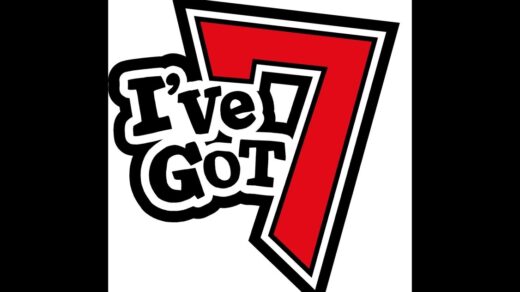
I am positive that today’s dinner table discussions are more animated than they have been for the past while. Whether it is a discussion about the US election, the pandemic, thanksgiving, or even year-end philanthropy, these conversations are bound to be thought-provoking, to say the least.
I was fortunate enough to attend a training session run by the good folks at 2164 almost a decade ago. The lessons I learned about family dynamics and philanthropy have really helped me become a better fundraiser. (Remember, I always claim that if I had more psychological knowledge, I would be a better fundraiser.) One of the great exercises that we went through was around money discussions at the family dinner table. I would assume that due to the pandemic, families are actually having more dinners together than they ever did and, as a result, are having more substantive conversations.
Try to think of the family discussions you had around the table as they related to philanthropy. Do you know what charities your parents supported? Why did they support those charities? Do you know the level of donations that your family provided?
While the focus of the 2164 group is on those that will be the recipients of large intergenerational transfers of wealth, these discussions can be had with anybody, regardless of their wealth level. Would you (as the children) support the charities that your parents supported? What are you passionate about?
This isn’t your Parents’ Philanthropy
I believe the days of supporting charities just because your parents supported them are dwindling. The reasons are numerous:
- There are many more charities today than there were during your parents’ time. Charities have become exceptionally specific at accomplishing their mission and have become very niche. For example, there is a charity in Canada that deals with homeless pets. Donors can now specifically target their benevolence in a way that was unheard of before.
- Donors today are more interested in seeing the impact and being an active participant in the journey of a charity rather than writing a check. Umbrella-based organizations like United Way and the Jewish Federations will likely see an erosion of donations while their member agencies will likely experience an increase. Donors want more control over their gifts and are wary of committees that allocate their charitable dollars without their input.
- Your parents’ generation likely supported the same charities year in and year out. The new philanthropists have shown a desire to align with a charity for a specific time period and move on to another charity.
- In Canada, almost half of the charitable donations have traditionally come from faith-based institutions (like churches, synagogues, and mosques). With a decrease in attendance at these institutions over the past few decades, we will likely see the faith-based charities see a proportional decrease in donations.
- The last reason would be rebelliousness. Many next-gen donors will choose to do the complete opposite of what their parents did, just for the sake of independence.
What are the Next Discussions?
I urge everyone to start having these meaningful discussions around the dinner table (if you haven’t started to already). Instead of focusing on the differences, focus on the commonalities. What can the two generations do together to make an impact and meet their personal goals? Many interpersonal skills need to be honed up for this exercise to be effective (like good listening), but having these discussions is a good first step.
Until next week.
L’chaim!




